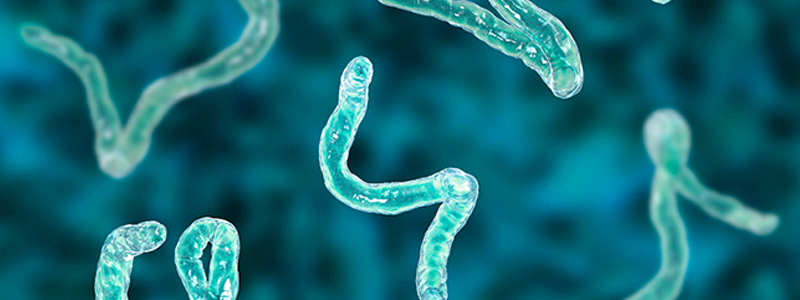BY: SAMANTHA BARTLETT, DVM
Dilated cardiomyopathy (DCM) is the second most common heart disease of dogs and causes the chambers of the heart to dilate and pump blood less effectively. The disease leads to congestive heart failure and possibly death. The disease is most commonly seen in large breed dogs and also in cocker spaniels. In 2018 the FDA published a report that they had been seeing more cases of DCM in non-traditional breeds and it appeared to be associated with grain-free diets. Unlike heritable DCM, when these animals were switched to a more traditional diet the heart returned to original size. Since then, research has been ongoing to try to find the cause of this phenomenon.
Researchers at Tuft’s University have published a study of differences between diets associated with DCM in dogs and diets with no known connection to heart disease. The study focused on nine canine diets associated with DCM in dogs. Each diet had at least three pulse ingredients such as peas and lentils, potatoes or sweet potatoes and each diet had been identified by the FDA among the diet brands most associated with DCM cases. The researchers also looked at nine diets with no association to DCM.
Researchers found that the diets associated with DCM had lower concentrations of B-vitamins, which are co-factors in cardiac metabolism, and higher concentrations of amino acids, amino acid derivatives and plant derived compounds which could be associated with deficiencies in molecules essential to heart function. There was no difference in taurine concentration between DCM-associated diets and non-DCM diets.
Peas and lentils appeared to be the common ingredient associated with the higher concentrations of biochemical compounds. However, no causality has been established between the presence of these compounds and heart disease. As more results become available, researchers hope to narrow down the underlying cause of DCM associated with diet. For now, the FDA is not advocating that pet owners avoid diets with peas, but does encourage owners to select diets made by established, large companies that have participated in feeding trials and have veterinary nutritionists on staff.











